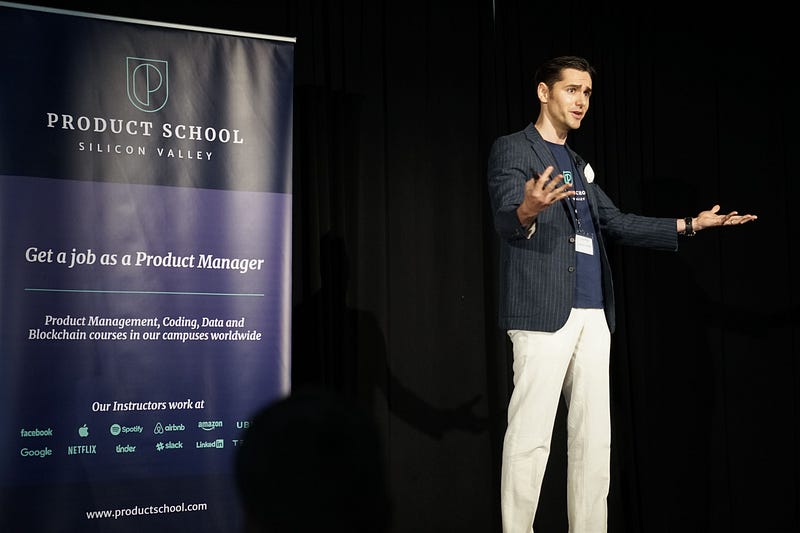Elevate Your Presentation: 10 Words to Avoid for Success
Written on
Introduction
Are you eager to impress your audience? Do you want your presentation to resonate and leave a lasting impression? To achieve this, it’s essential to steer clear of certain words and phrases that can undermine your message.
Public speaking often ranks among the most common fears. As noted by comedian Jerry Seinfeld, “According to most studies, people’s number one fear is public speaking. Number two is death.” This highlights the anxiety many feel about addressing a crowd. To mitigate this fear and enhance your delivery, avoid incorporating unnecessary language that detracts from your core message.
Even if you’re well-prepared and have practiced extensively, the pressure of public speaking can lead to moments of forgetfulness. Thus, it’s crucial to focus on effective delivery.
10 Words and Phrases to Avoid
I or Me
The focus of your presentation should be on the audience, not yourself. Utilize “you,” “we,” or “us” to engage your listeners and deliver valuable insights.
Sorry If, or Sorry For
Avoid apologies during your presentation. Such phrases can signal insecurity and distract your audience from your key messages.
Excuse the Eye Chart, or This Slide is Really Busy
If you believe a slide is confusing, consider revising it prior to your presentation. Apologizing for unclear slides detracts from your professionalism.
Excuse Me If I Seem Nervous, or I’m Really Nervous
While it’s natural to feel nervous, expressing this sentiment can inadvertently draw attention to your discomfort. Maintain your composure and let your audience assess your confidence.
I’m Not Good at Public Speaking, I’m Not a Speaker, or I’ve Never Done This Before
Using these phrases diminishes your credibility. Instead, focus on delivering your message with confidence, regardless of your speaking experience.
Our Key Differentiators Are
This phrase has become clichéd. Instead, try saying, “What sets us apart is…” to communicate your unique value proposition more effectively.
Next Slide
Transitioning smoothly between slides is crucial for maintaining audience engagement. Instead of simply stating “next slide,” find a more natural way to connect your points.
I Didn’t Have Enough Time, or I’m Running Out of Time
Phrases like these suggest poor time management and preparation. Ensure you allocate sufficient time for each segment of your presentation.
I’ve Been Asked to Speak About
This phrase can come across as self-important. Focus on delivering your content without drawing attention to your role as a speaker.
Moving Along, or That’s All I Have
Effective conclusions are vital for leaving a lasting impression. Avoid these phrases, and instead, close your presentation on a strong note.
Bringing It All Together
Steering clear of these ten words and phrases can significantly enhance your public speaking abilities. The terms to avoid include: I or me, sorry if or sorry for, excuse the Eye Chart, or this slide is really busy, excuse me if I seem nervous, or I’m really nervous, and I’m not good at public speaking, I’m not a speaker, or I’ve never done this before. Additionally, refrain from using: our key differentiators are, next slide, I didn’t have enough time, or I’m running out of time, I’ve been asked to speak about, and moving along, or that’s all I have.
Public speaking is daunting, but with the right approach, you can simplify the experience. Avoiding these phrases will help you become a more effective speaker.
“Remember not only to say the right thing in the right place, but far more difficult still, to leave unsaid the wrong thing at the tempting moment.” — Benjamin Franklin
Join my email newsletter for a free eBook and more useful insights.
Section 1.1: Understanding Effective Public Speaking

Section 1.2: Practical Tips for Avoiding Filler Words
The following video provides insights on words to avoid when speaking in a workplace setting:
Another helpful video discusses how to eliminate filler words from your public speaking: